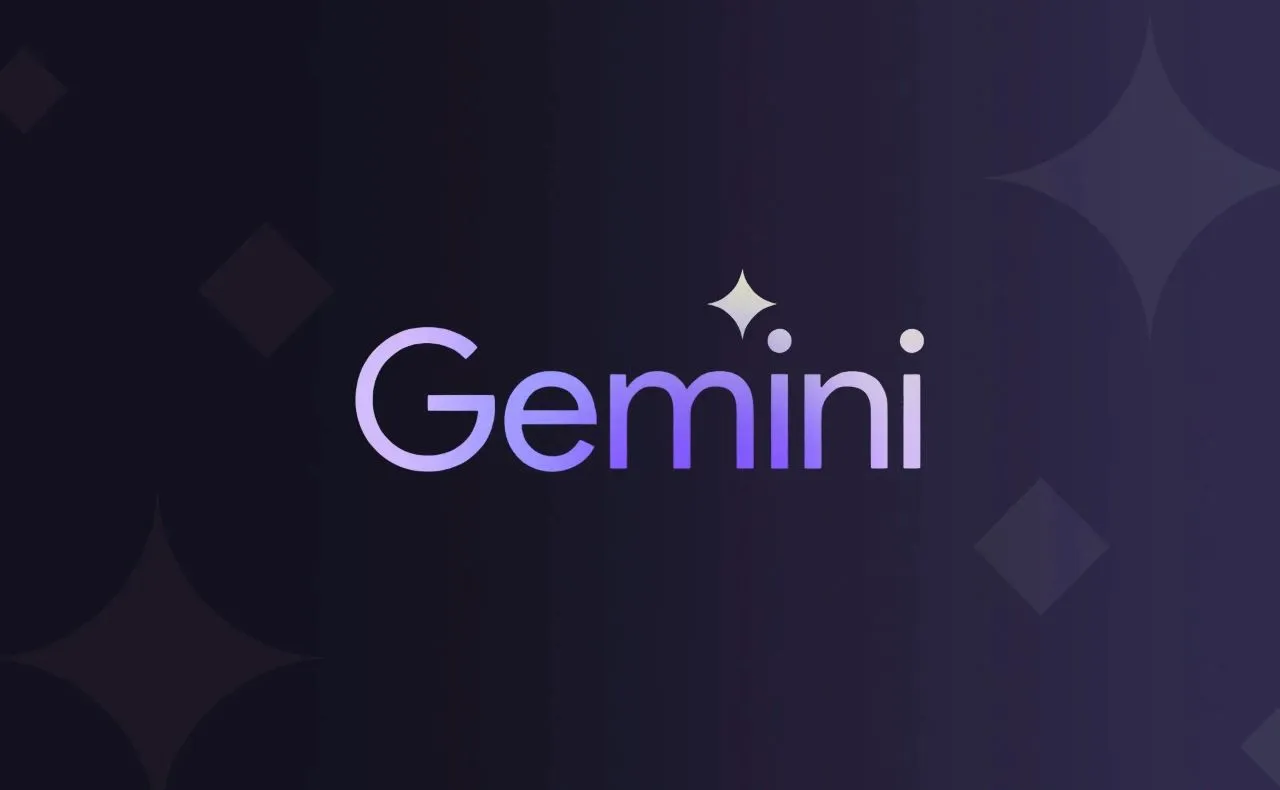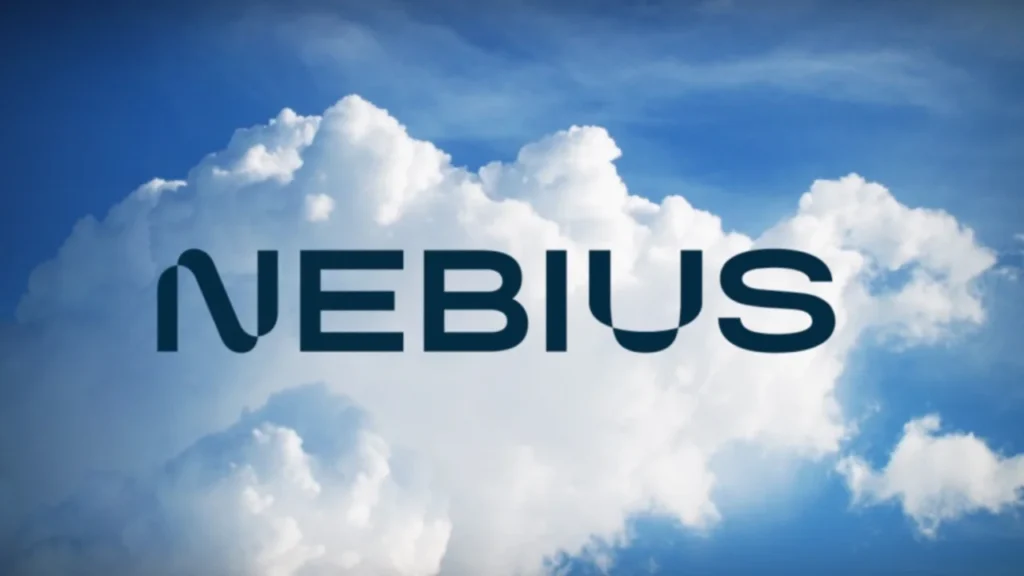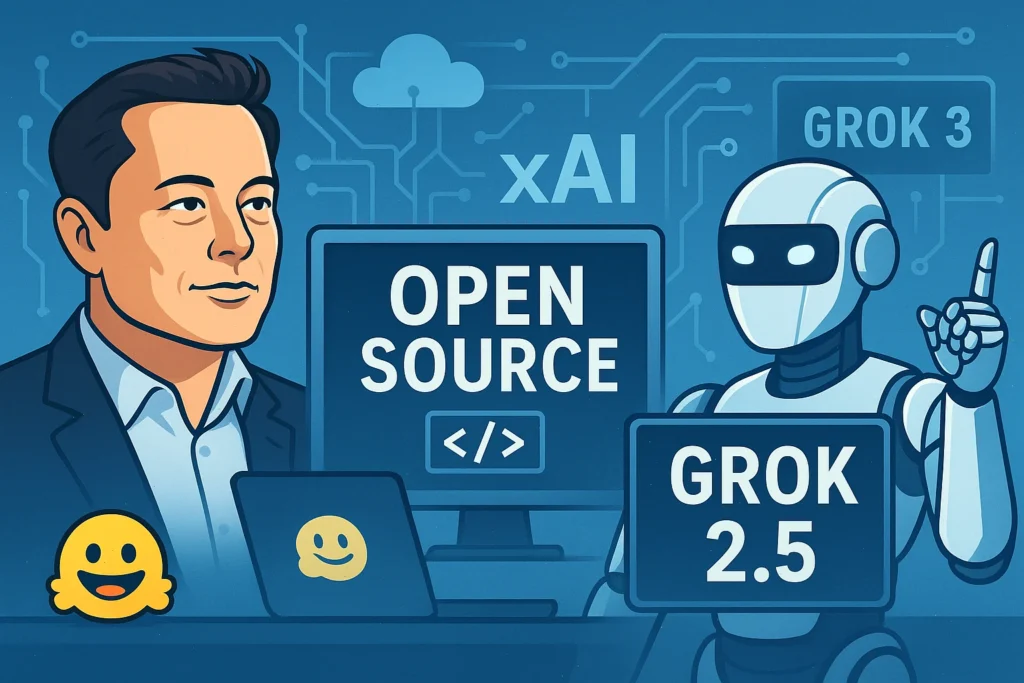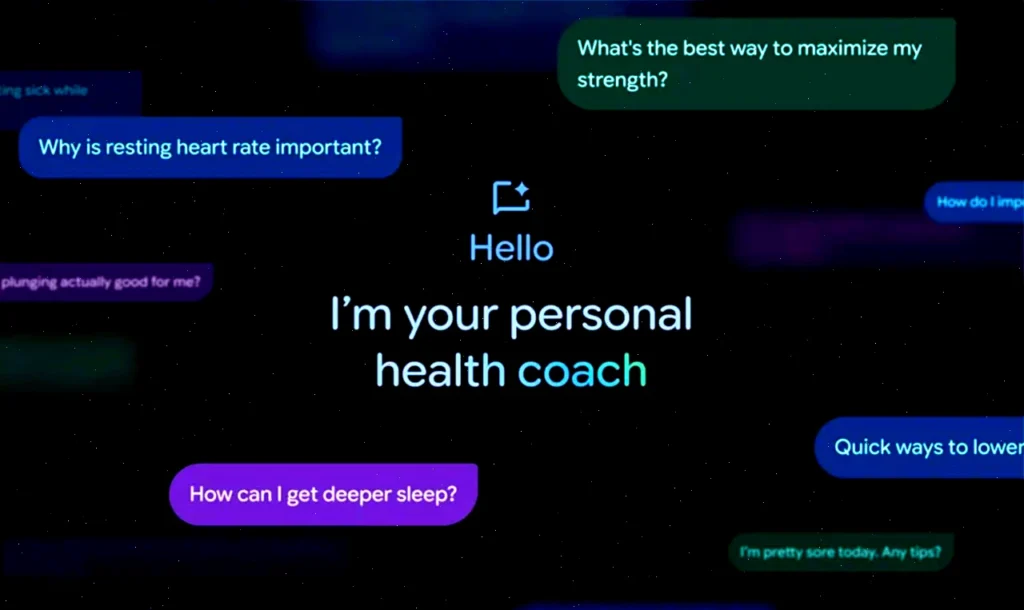The writing has been on the wall for a while, but the shift away from Google Assistant is now official. Google has announced that it will shift users to Gemini as the default AI assistant on their devices in the coming months. Once that happens, they will no longer be able to access Google Assistant.
At the moment, you can switch to Google Assistant as the default option on your Android phone, even on newer phones that come with Gemini running out of the box. In addition to phones, Google will be giving a similar treatment to smartwatches, Android Auto, tablets, smart home devices, TVs, and audio gear.
Google has also announced that a new experience, powered by Gemini, will be available for home devices like speakers, displays, and TVs. The transition will take place without a specific time frame provided. After the transition, Google Assistant will be removed from devices and will no longer be available for download.
Transitioning to Gemini: Devices and Features
Gemini will support a majority of the features that are currently available with Google Assistant. The basic functionalities, such as controlling smart home devices, accessing the virtual assistant from the Lock Screen, routines, song detection, and messaging, will all be available with Gemini.
In addition, several features have been enhanced for Gemini, offering a better overall experience. For example, Gemini is better equipped to handle tasks such as managing reminders, events, and lists, answering queries related to Google Maps, Google Drive, YouTube videos, and more.
Here is the broad list of devices that will be upgraded to Gemini in the coming months:
- Phones with at least 2 GB RAM.
- Android 10 or a later version.
- iPhone running iOS 16 or a newer version.
- The virtual assistant on your headphones will match the one currently installed on your phone. However, Android Go phones, which run a simplified version of the operating system, will not receive the update as the project has been discontinued.
How Are Things Changing with Gemini?
In terms of activation, there is no need to worry about a change in the hotword. The “Hey Google” command will continue to work to summon Gemini, just as it did for Google Assistant. For devices that haven’t transitioned to Gemini, using the “Hey Google” hotword will still activate the Google Assistant.
To make the switch smoother for users, Google will port over some user data from Google Assistant to Gemini. This will include access to data such as call and messaging history, assuming the necessary permissions have been granted.
In the future, Gemini will also look at your Search history to provide more personalized responses. Additionally, it will be able to interact with Photos.
Why Is This a Better Deal?
Gemini represents a significant upgrade over Google Assistant, starting from the tech stack. While Google Assistant was built on natural language understanding, Gemini is a natural language chatbot that can perform reasoning and language comprehension.
Unlike Google Assistant, Gemini operates more like a knowledge bank trained on a vast amount of information and can work offline for a range of on-device tasks. It can handle free-flowing conversations in multiple languages and excels in processing various types of input.
For example, Gemini can process PDF files, pictures, text, audio, and live video. This multi-modal processing capability allows Gemini to perform tasks that were previously not possible with Google Assistant. Gemini is also capable of generating images.
In terms of comprehension, Gemini can solve complex problems in fields like science, math, and coding — tasks Google Assistant cannot handle. In the future, with the rollout of Project Astra, Gemini will also be able to understand the world around you through real-time camera input.
Additional Features and Changes with Gemini
- Deep Research Tool: Gemini’s Deep Research tool enables the assistant to perform comprehensive web research and generate detailed reports quickly, a task that would otherwise take hours.
- Gems: Gems are user-generated, custom versions of Gemini created to perform specific tasks. Users can create these models using natural language instructions, without coding knowledge. Gems and Deep Research were initially available only to paid subscribers but were made available for free to all users as of March this year.
- Model Flexibility: Unlike Google Assistant, which had a one-size-fits-all approach, Gemini offers multiple models to choose from, depending on the task. For example, the “Pro” model is ideal for complex tasks like answering questions based on a 200-page book, while the “Flash” model is designed for everyday assistant functions.
In summary, Gemini is a major upgrade over Google Assistant, offering greater capabilities and versatility. If you own a high-end phone capable of running the Gemini Nano model, the assistant will even handle tasks like live translation without requiring an internet connection.



